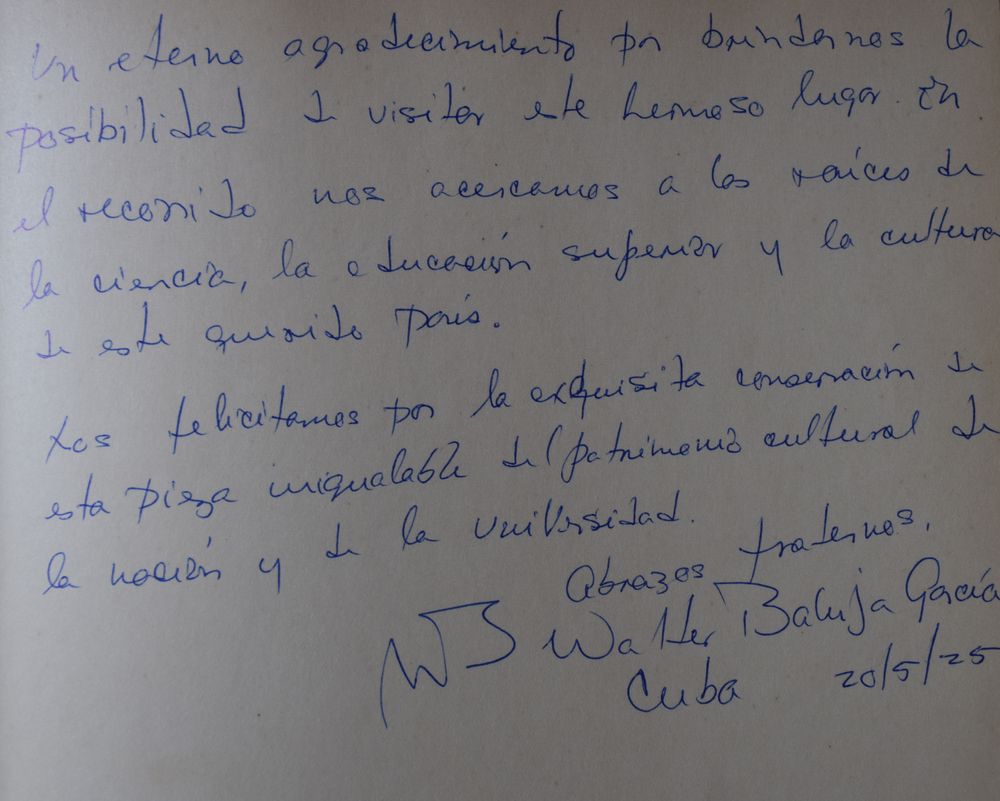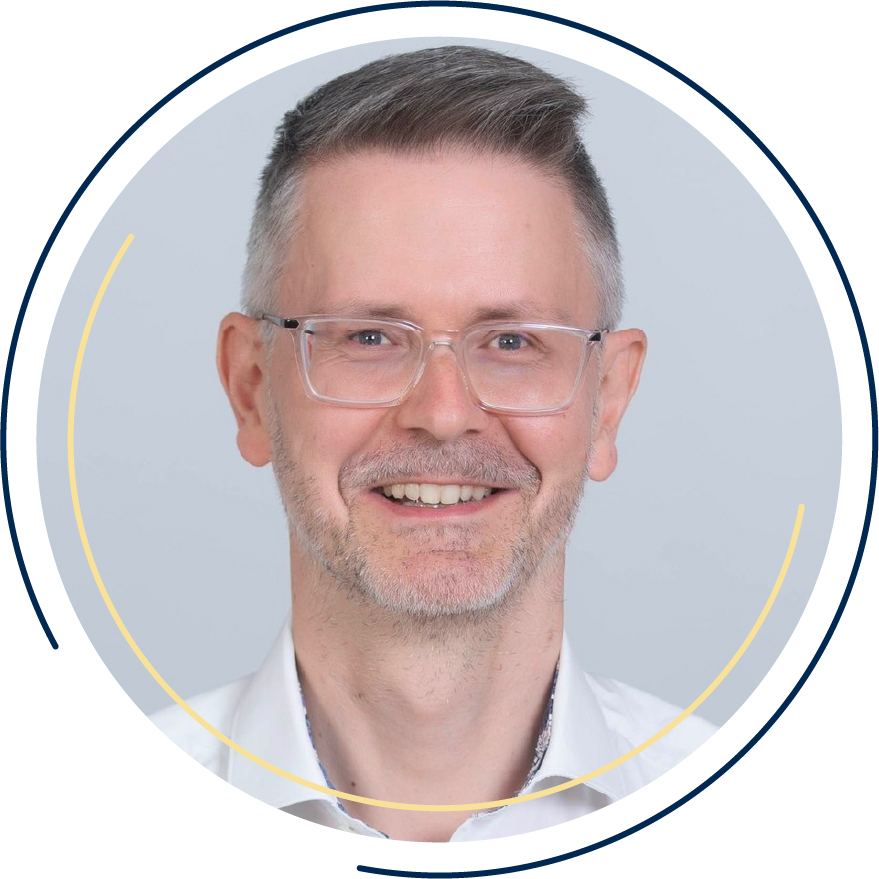Trial Access to CAS BioFinder database
Ametican Chemical Society – representing Chemical Abstracts Service (CAS) offered a trial access to a new Life Science solution, CAS BioFinder Discovery Platform until June 13, 2025.
The platform is only accessible to those who already have valid login credentials to CAS SciFinder Discovery platform. You can access BioFinder using your active SciFinder login ID at https://biofinder.cas.org/.
With CAS BioFinder you can explore connections between ligands, targets, and diseases and run AI-enhanced predictive bioactivity models with data derived from existing literature. This ensures you always have the most relevant results. In addition to existing and predicted bioactivity, ligand, sequence, disease, and biomarker data, CAS BioFinder also integrates 3D protein models and details to save time and advance your drug discovery program.
Live training and demo webinar
Wednesday, June 4th at 2pm CEST
Meeting ID: 279 610 113 556 7
Passcode: Va9Do2Th
Demo videos:
Starting a search in BioFinder: https://vimeo.com/manage/videos/1049695836/bb495454e8 (4:43 mins)
Working with results in BioFinder: https://vimeo.com/manage/videos/1049695902/c13ab24a1e (6:23 mins)
Scaffold search by target name: https://vimeo.com/1050284847/152eb771e7?share=copy (6 mins)
Explore ligand's details: https://vimeo.com/1055907704/e4bb4de421?share=copy (5:30 mins)



